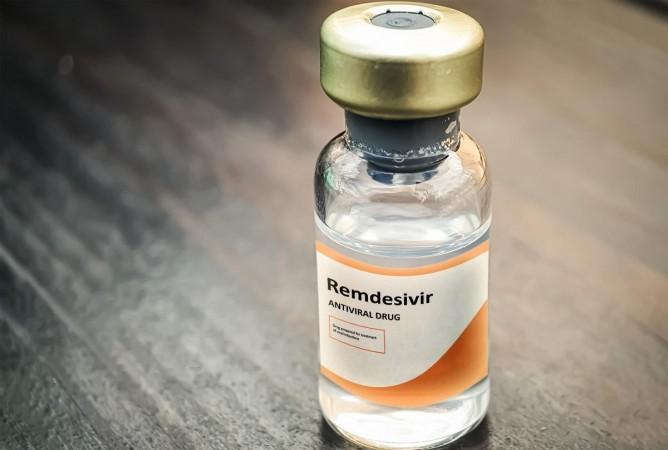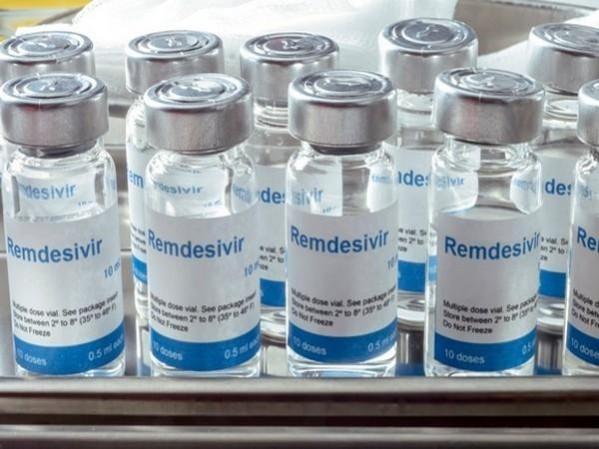The second wave of Covid-19 is well over for most people in India, those who survived it and definitely those who escaped it. But for the loved ones of millions who died in the pandemic, it is far from over. As is the gross human negligence, infrastructural shortcomings that resulted in hundreds of avoidable deaths.
A recent investigative report by the Mint highlights not just the weak drug laws in India but even poorer pharma-vigilance practices.
The report revisits the second wave in India and how during that period, patients across multiple hospitals in five Indian states (namely Gujarat, Maharashtra, Bihar, Uttar Pradesh and Rajasthan) suddenly took a turn for the worse after receiving batches of Cadila's controversial drug remdesivir.

From a few minutes to hours of being administered the drug, the patients developed fever, chills and sudden drop in their SPO2 levels. As anyone fairly acquainted with pharmacy and medicine knows bacterial endotoxins can cause fever and chills since they are one of the most important bacterial components contributing to the inflammatory process. Endotoxins also make up the majority of pyrogens which must be removed from pharmaceutical products. Remdesivir too, since being an injectable drug that enter bloodstream directly, must be sterile and hence free from microbes and with low levels of endotoxins.
When dozen-plus hospitals in five states reported their patients experiencing adverse effects immediately after getting remdesivir shots from the same Cadila batches, respective state drug regulators ideally should have sprung into action. Starting with immediately testing the batches for sterility, endotoxins, apart from other quality specifications. This should have been immediately followed by the statutory requirement of nationwide recall of the batch.
Unfortunately, out of five states, only one state conducted the required battery of quality tests, including sterility and endotoxins, reports the Mint. The thread further highlights not just the gross negligence on the part of the regulators and enforcements agencies, but inadequate infrastructure at state levels.
The state of Uttar Pradesh did not conduct the tests because the state lab did not have facilities to conduct sterility and endotoxin tests. While Rajasthan, The Rajasthan Medical Services Corp, which purchased remdesivir from Cadila, bought Cadila's explanation that the saline in which the remdesivir powder was mixed could be at fault and hence it never informed the state regulator.
Gross negligence on the part of the state of Gujarat
The one state of Bihar, however, managed taking necessary steps in the right direction. The state regulator too devoid of facilities for sterility and endotoxin testing, sent the batch samples to central lab CDL Kolkata and found endotoxin contamination. The state's testing found Cadila's batch of V100167 to contain bacterial endotoxins.

All questions lead to Cadila...
Ideally speaking, good manufacturing practices should have been adhered to. Which they were clearly not, and hence Cadila failed to prevent endotoxin contamination. Is it any wonder that the company suddenly finds itself surrounded by two crucial questions; even if it failed to prevent endotoxin contamination, how did their batch release testing not show up the contamination? That means, did they even do the mandatory batch release testing?
Not the only remdesivir at fault ...
Cadila's remdesivir is not the only one to have caused adverse effects in patients. In April of this year, after around 90 patients in Raigad district of Maharashtra developed similar side effects like fever and chills on being administered remdesivir, Hyderabad-based pharma company Hetero too recalled a batch of its remdesivir brand Covifor. Following the incident, the state government imposed a temporary suspension on its use.
All fingers point to Gujarat?
After informing the Gujarat Food and Drug Control Administration and Cadila about the problem, Bihar regulator reportedly received no reply in the matter. As for Gujarat FDCI, despite multiple hospitals in Ahmedabad reporting adverse effects in patients, the state regulator hasn't reportedly tested any of the batches. The negligence directly leads to speculations about whether it has anything to do with the fact that Cadila is located in Ahmedabad and the company is in Gujarat regulator's jurisdiction.
The law and (Central Drugs Standard Control Organisation) CDSCO's guidelines require that when a 'substandard' drug batch causes life-threatening adverse effects, it be recalled from every single last hospital that purchased the drug. "But all we know is Cadila pulled out the contaminated batches from the hospitals that reported problems. No evidence of a country wide recall. In an email to me, Cadila denied all claims of adverse effects. Gujarat FDCA didn't respond," further reads the thread.
A pharmaceutical company taking the convenient approach is but expected. A state regulator taking the negligent approach is unfortunate. Eventually, the unsuspecting patients and families continue to suffer without so much as having a clear picture of the cause of death.
The broader picture, the bigger problem
How many of the hospitals and clinics must have not even reported the issue with the remdesivir batch is an unsettling thought. Moreover, the fact that one batch that was tested for endotoxins casts doubt on all other batches that may have escaped without testing. Also, shouldn't there have been a nationwide recall of remdesivir by Cadila or follow-up testing of other batches? The questions are a small grid on the big loopholes that result in weak drug laws in India and even poorer implementation.

















